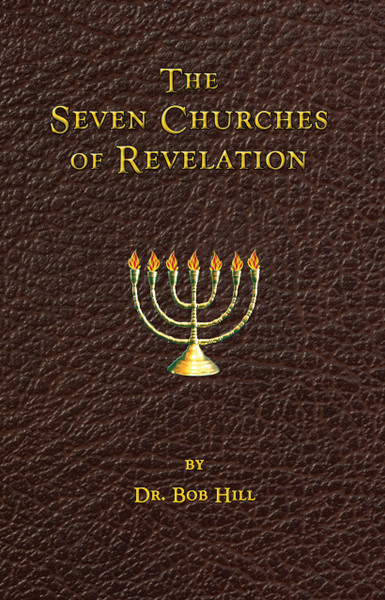How to Use This Book: This book is designed as both a Bible Commentary and as an Instructive Outline. A plastic-bound Study Guide and a loose-leaf Instructor’s Manual are available for purchase. The Study Guide features an abbreviated outline in a fill-in-the-blank format. All answers required to complete the Study Guide are included within the handy, flat-laying Instructor’s Manual as Bolded, Double-underlined text (Example: Answer).
PREFACE: The Book of Romans is Scripture’s major treatise on the “Salvation and Service of God.” The First Epistle to the Corinthians is the Bible’s handbook for “Managing Church Issues.” And, in turn, the theme of the Second Epistle to the Corinthians is “Managing Church Conflicts.”
As noted by Dr. J. Sidlow Baxter in his Explore the Book, the Apostle Paul’s first epistle to the Corinthians was written during “the darkest hour” in Paul’s ministry. The physical, mental, emotional, and spiritual challenges which Paul faced during the writing of this second epistle were only surpassed by his great concern for the furtherance of the Gospel and the welfare of the struggling church. The emotional and spiritual pressure being exerted upon Paul is reflected by his frequent use of enhanced vocabulary. As some scholars have commented, Paul’s cyclical approach in dealing with certain subjects makes the epistle most difficult to outline.
While Paul’s first letter to the Corinthian Believers is basically a list of on-going church problems, followed by his dutiful response to each issue; Paul’s second letter reveals strong passion and a more intensely focused personal concern. The book of 2 Corinthians illustrates the various personal challenges faced by every pastor, evangelist, missionary, and church leader. And, in doing so, it provides principles for “Managing Church Conflicts;” and, more importantly, it provides an example of how the servant of God can – and should – manage himself in times of crisis.
My aim in publishing this book is to share with others those insights, encouragements, and helps which God has used to stabilize my own heart, home, and ministry. I want to highlight those principles which God has used to help me navigate through the challenges of life and ministry. It is my prayer that this book will contribute to the successful life and ministry of other Believers in Jesus Christ; especially those who are involved in full-time ministry.
558 pages
ABOUT THE AUTHOR: Dr. Bob Hill accepted the Lord Jesus Christ as his Saviour in 1960 at age ten. He preached his first sermon in 1965 in a youth service at Calvary Baptist Church in Norfolk, Virginia. On May 14, 1969, while attending East Carolina University as a music education major, he surrendered to God’s leading to prepare for the Gospel ministry.
Hill graduated from Tennessee Temple College in 1973 with a B.A. degree in Bible. At that time, the institution was under the leadership of Dr. Lee Roberson. Hill holds a Doctor of Literature degree (h.c.) from the American Bible College.
From 1972 through 1976, Bob and his wife, Virginia, taught at Hamilton Christian Academy in East Ridge, Tennessee. During this time, he was invited to pastor Faith Bible Church in Fort Oglethrope, Georgia. In 1974, he was ordained to the Ministry by his home church, Calvary Baptist Church, in Norfolk, Virginia.
In 1977, Hill started Calvary Baptist Church in Miamisburg, Ohio. The church started Calvary Christian School in 1979. Hill served on the executive boards of both the Christian Schools of Ohio (CSO) and the Ohio Pastors Information Network (OPIN).
Bob Hill served in the ministry of Accelerated Christian Education, Inc. (ACE) from 1988 to 2000, during which time he was appointed Vice President of its Product Development Division. In May, 2000, he accepted a call to pastor Faith Baptist Church in Water Valley, Mississippi. Dr. Hill served as the President of the Mississippi Association of Christian Schools (MACS) for ten years.













